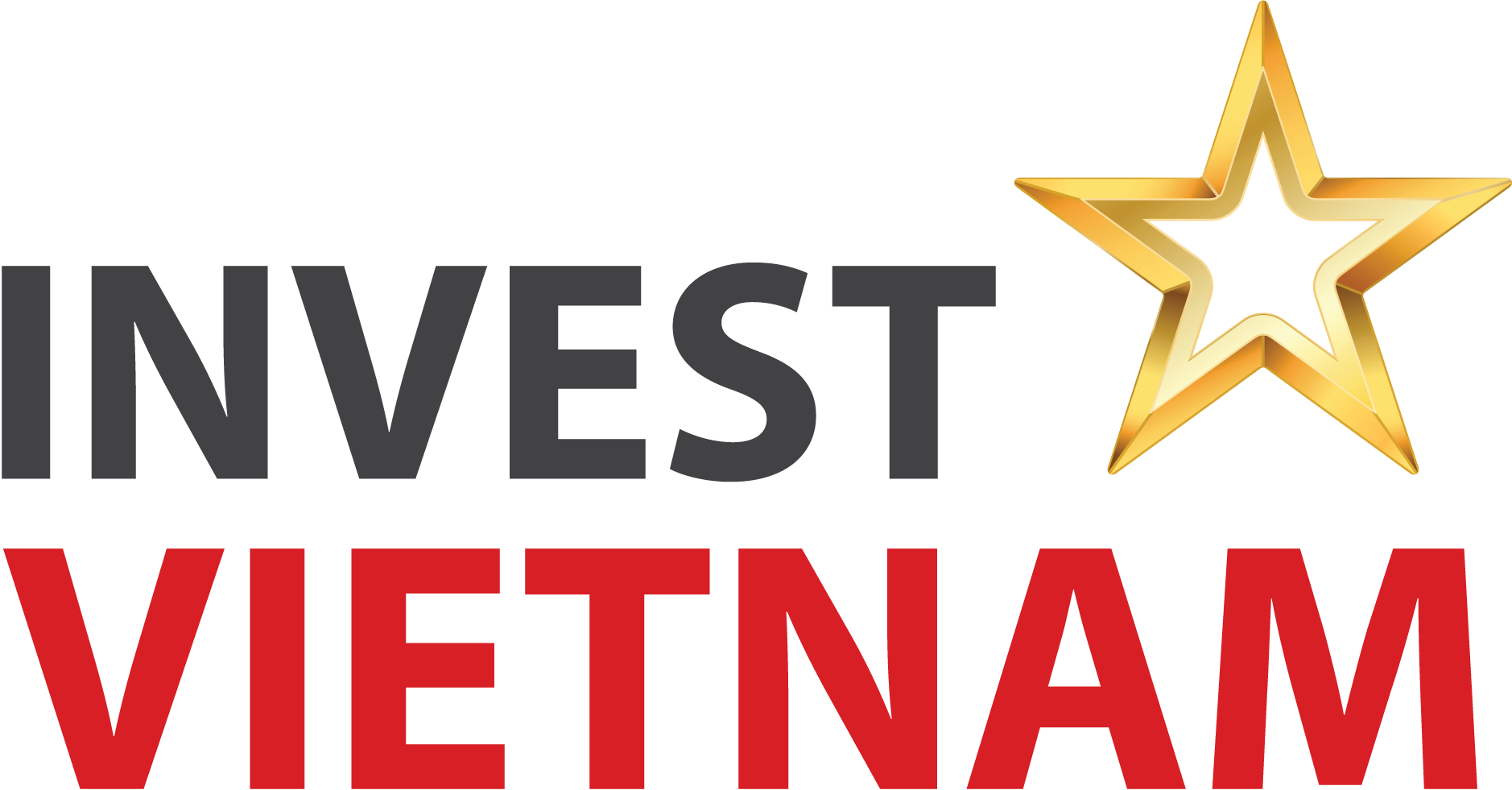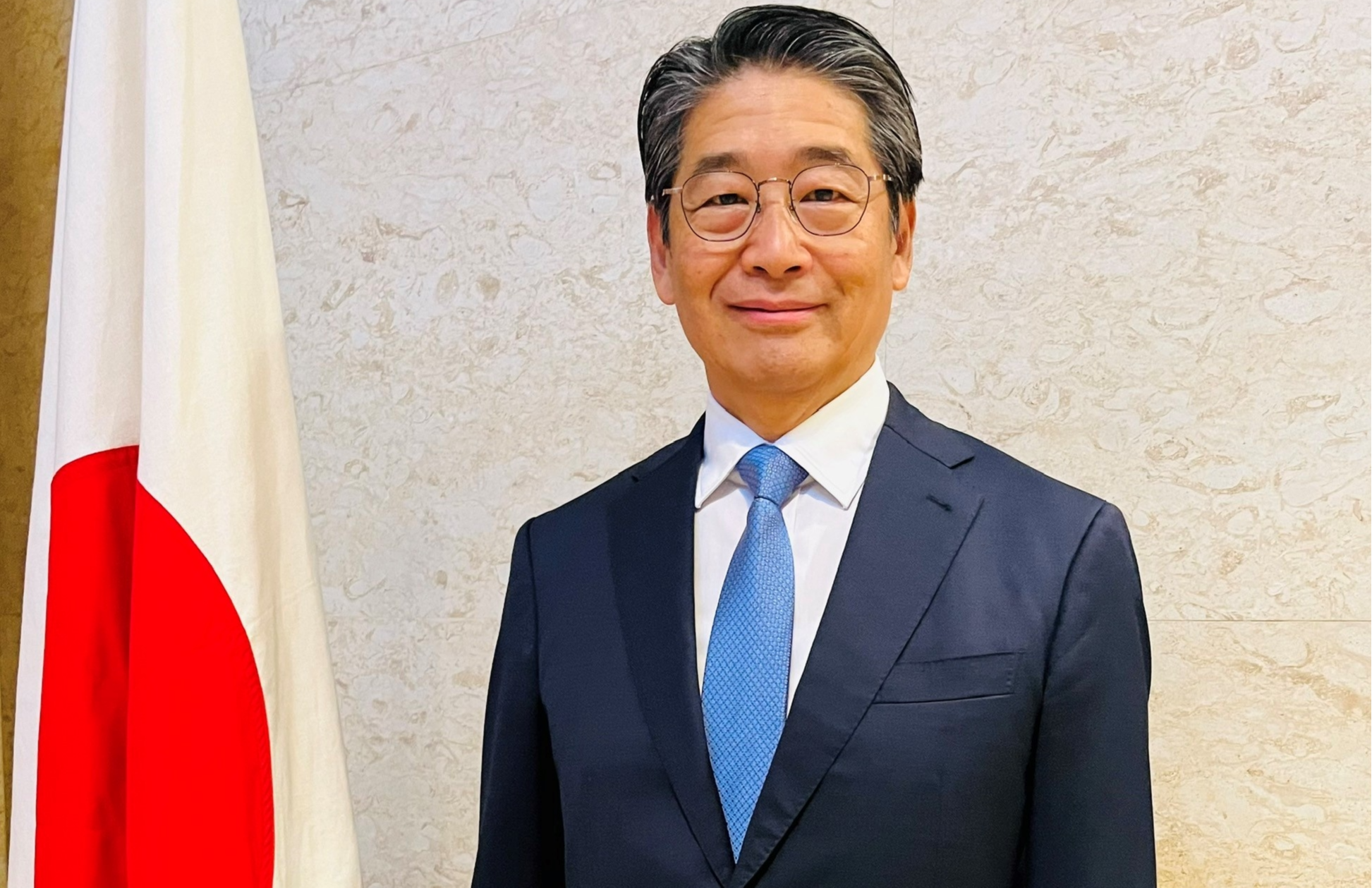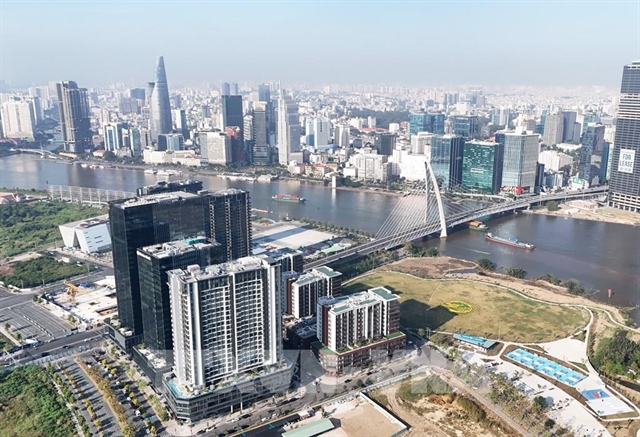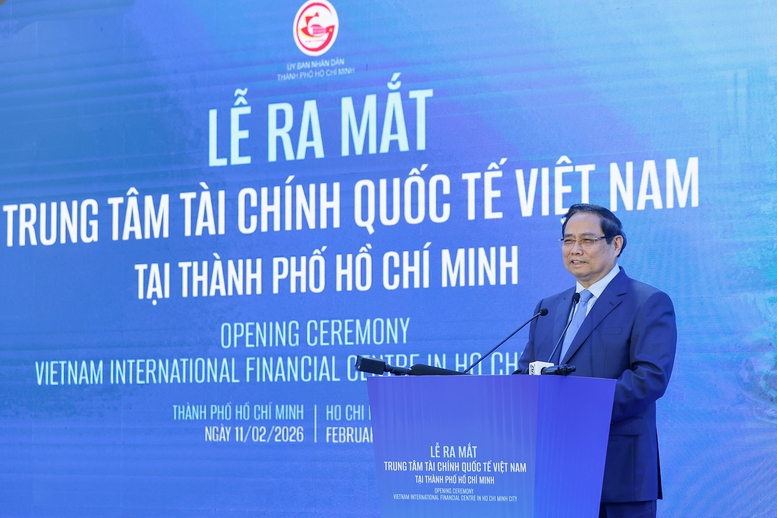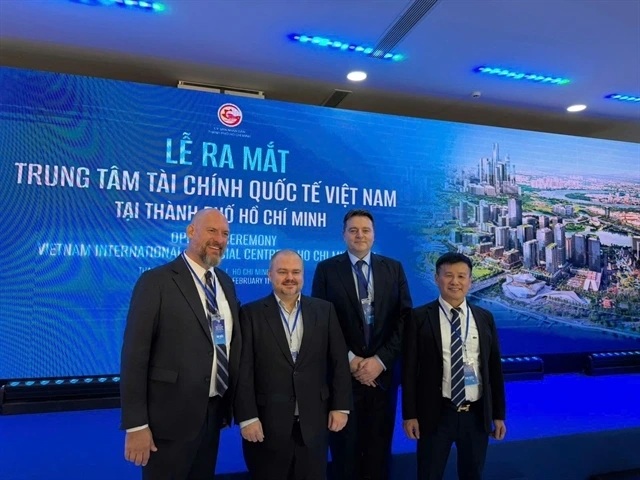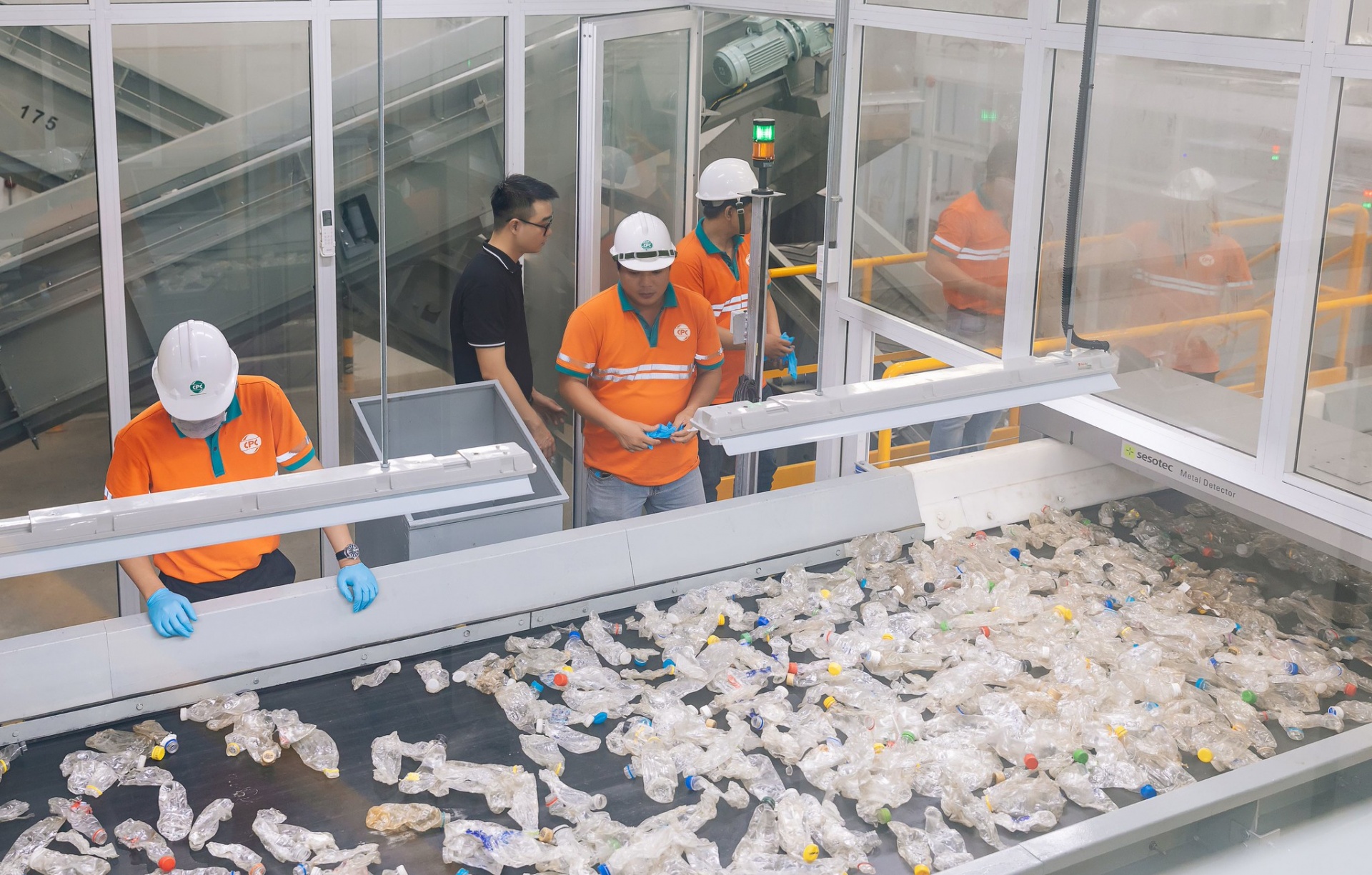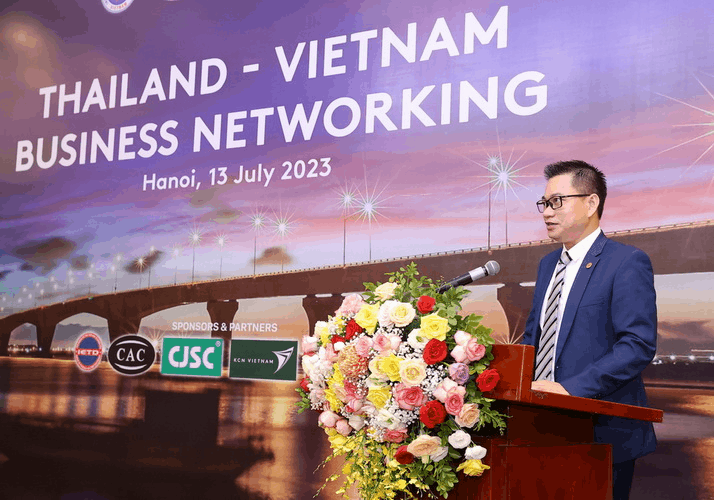UAE group to build $2-billion AI super data centre in Ho Chi Minh City
Ho Chi Minh City Department of Science and Technology has revealed that G42 Group from the United Arab Emirates is planning to invest nearly $2 billion in an AI super data centre in the city.
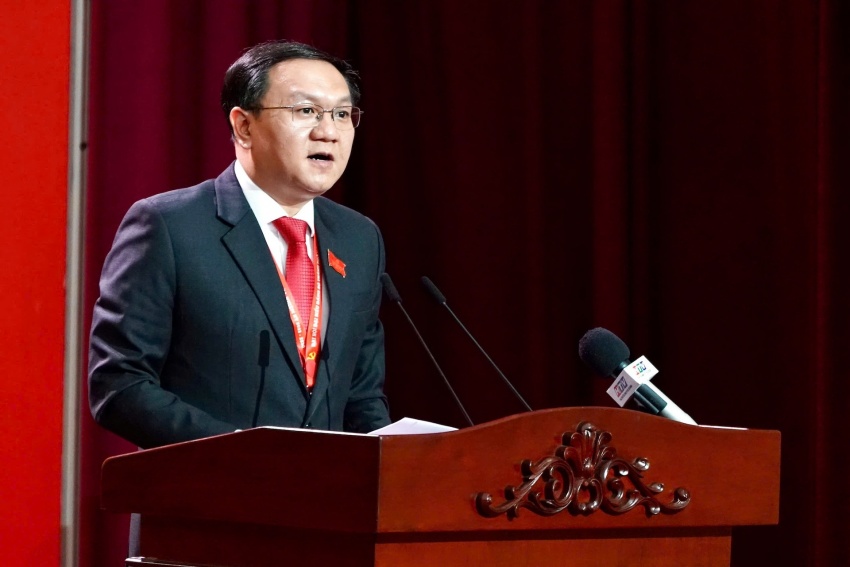
The closing session of the first Congress of the Ho Chi Minh City Party Organisation for the 2025-2030 term took place on October 15. During the session, Lam Dinh Thang, director of the Department of Science and Technology, stated that science, technology, and innovation have confirmed their role as major drivers of growth in Ho Chi Minh City. The city has achieved significant results in this field, laying the foundation for development over the next five years.
Total factor productivity (TFP), which measures the contribution of sci-tech to economic growth, is projected to reach 59 per cent by the end of this year and will remain the leading driver of growth.
The digital economy contributed 22 per cent to the city's regional GDP in 2024, and this figure is expected to rise to 25 per cent in 2025. Ho Chi Minh City currently ranks second nationally in the Digital Transformation Index and the National Innovation Index. Its startup and innovation ecosystem ranks 110th globally and 5th in Southeast Asia, while the city has climbed to 30th place globally in blockchain development.
"To achieve these results, the city has developed policies to attract talent and investment. For example, it offers non-refundable financial support for innovation, provides preferential wage policies, and has established international-standard research centres," he said.
Moreover, the city has also made efforts in administrative reform and investment attraction, reducing nearly 300 administrative procedures related to production and business, equivalent to more than 1,900 working days.
Task forces have been built to provide timely and direct support for strategic investors. As a result, in the first six months of 2025 alone, the sci-tech sector attracted $1.6 billion in foreign direct investment (FDI) (equivalent to 40 per cent of total FDI into the city). The city now has over 140 science and technology enterprises, ranking second in the country.
Thang highlighted that many leading global tech corporations have opened offices and research and development (R&D) centres in the city, such as SAP from Germany, and Marvell and Qualcomm from the United States.
Especially, Ho Chi Minh City has prioritised workforce training, with nearly 100 high-quality training institutions. The city is home to over 55 per cent of the country's programmers. Since early 2025, more than 40,000 officials and public servants, along with hundreds of outstanding students, have received training in AI.
Despite its achievements, Thang acknowledges that the sci-tech sector in the city still faces major challenges. For instance, management mechanisms remain inflexible and not yet aligned with market dynamics. The city lacks testing spaces for new technology products, and its data infrastructure is incomplete for full digital transformation. As such, support from central government ministries is crucial.
Additionally, the three-party linkage model (schools - government - enterprises) has not yet developed in depth, and total societal investment in R&D remains low.
Looking forward to the next five years, the city has outlined several major goals. TFP will contribute at least 60 per cent, and the digital economy will account for 30-40 per cent of regional GDP. Ho Chi Minh City will become an international-class innovation centre by 2030. Its startup ecosystem is to reach the top 100 most dynamic cities globally. The city will have at least five international-standard research centres in strategic technology fields.
G42 is a global corporation headquartered in Abu Dhabi (UAE), focused on investment in AI as a core strength. The company views AI as a key enabler for enhancing human capital, industry, and shaping a sustainable future. G42 is backed by world-class investors, including Mubadala, SilverLake, Microsoft, and The Dalio Family Office.
To achieve these goals, Thang outlined three strategic breakthroughs, including mechanisms, policies, and investment attraction for strategic investors in science and technology.
“The latest positive news is that G42 Group from the UAE is planning to invest nearly $2 billion in an AI super data centre in the city,” he revealed. Ho Chi Minh City will continue to develop high-tech zones, experimental zones for new technologies under special mechanisms, and encourage private sector investment in science and technology.
To develop strategic technologies and an innovation ecosystem, the city will prioritise the development of core technologies where it has strengths, such as AI, semiconductors, robotics, blockchain, and biomedical technology.
It will also create a startup support fund under a new model to attract venture capital, and collaborate with Vietnam National University - Ho Chi Minh City to develop a plan to turn the city into an international innovation hub.
To build digital governance and a digital workforce, the city will accelerate the development of digital data and digital platforms, enabling the government to operate based on data-driven models.
Thang stated that Ho Chi Minh City will strengthen cooperation among the four parties, universities, government, enterprises, including investors/banks, along with technology diplomacy and the attraction of international experts. In parallel, the city will promote the development of digital human resources to sustain and enhance its leading position.
By Nguyen Huong
Source: VIR
Original link